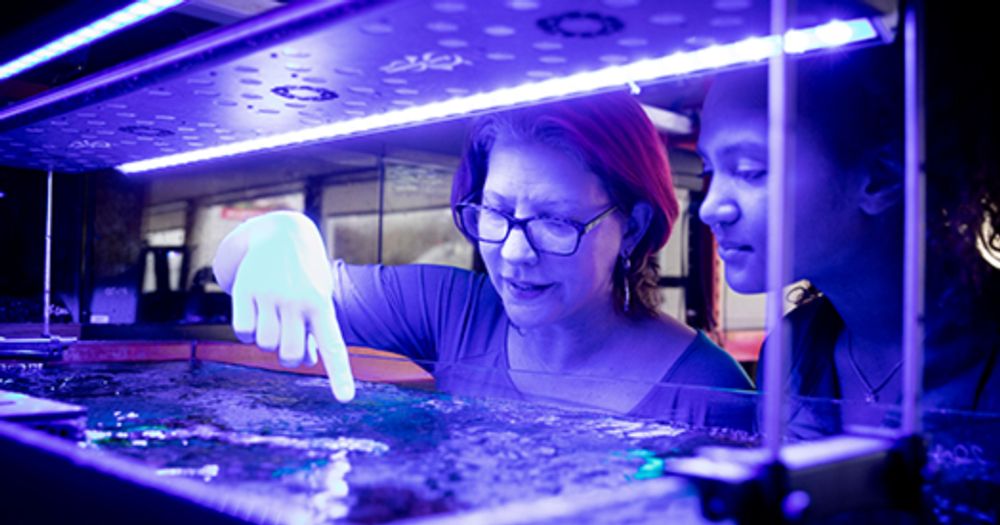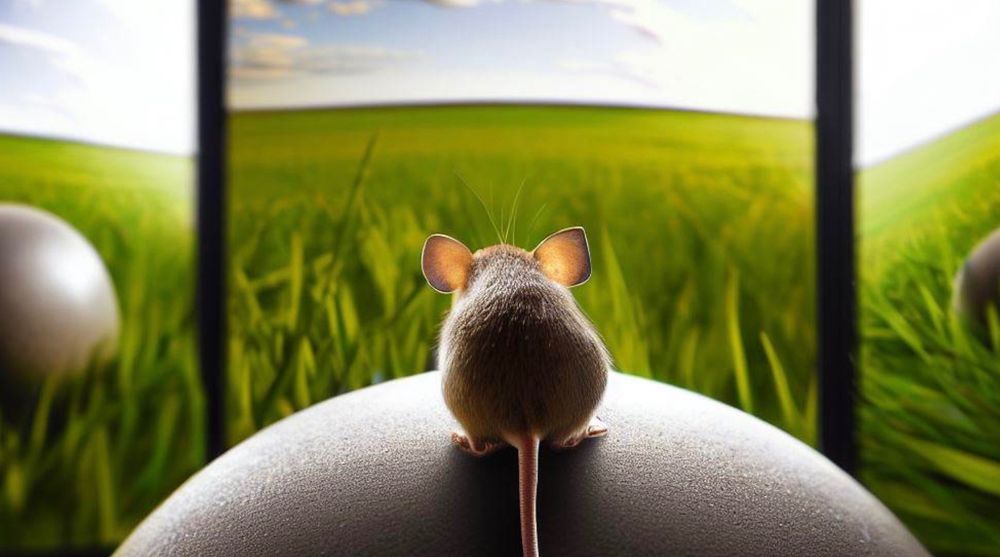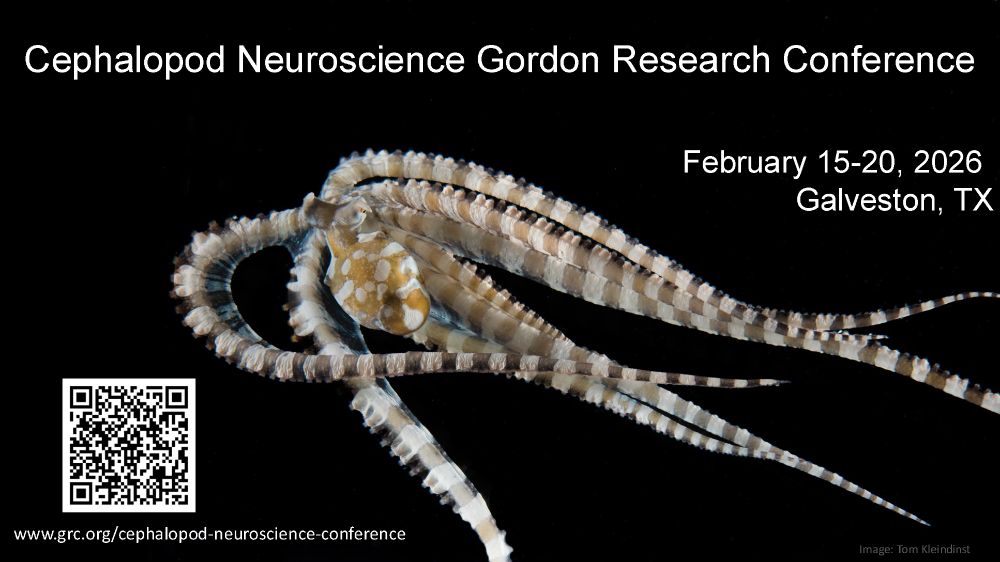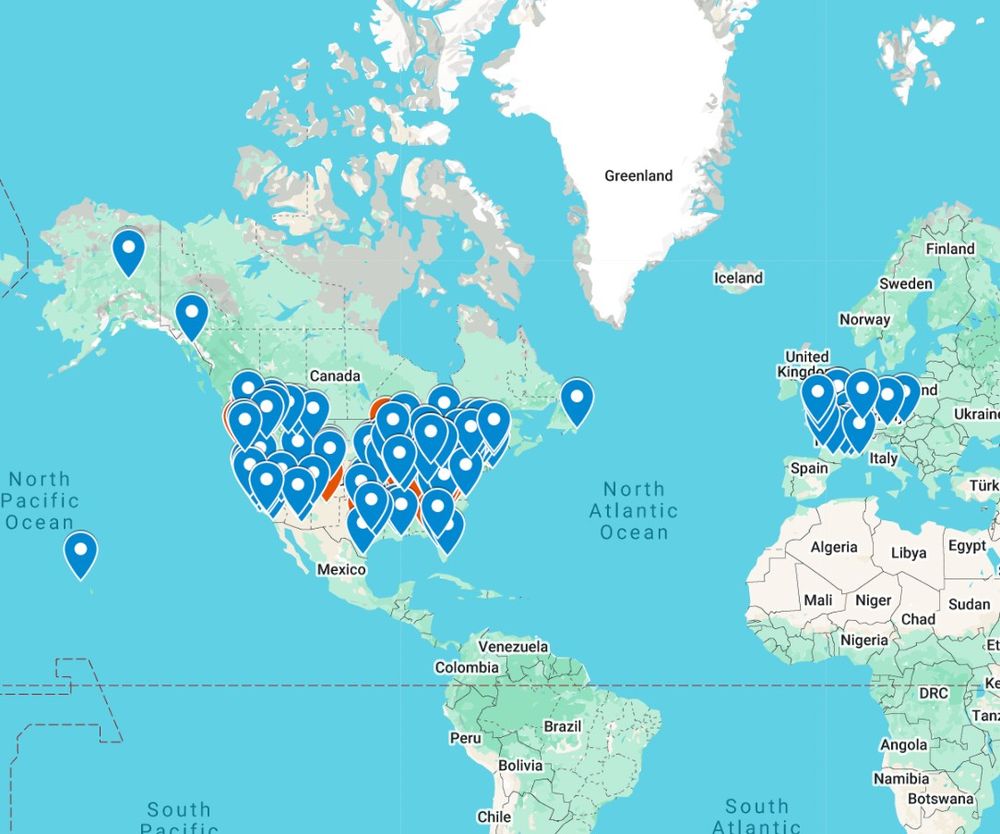
nielllab.uoregon.edu
By @callimcflurry.bsky.social
www.thetransmitter.org/vision/cepha...

www.grc.org/cephalopod-n...

www.grc.org/cephalopod-n...
Mice still outperform our best computing machines in some ways. One way is robust visual processing.
10 years ago I decided to work on HARD behavior driven by COMPLEX visual processing. And that risk is paying off now. #neuroAI 1/n

Mice still outperform our best computing machines in some ways. One way is robust visual processing.
10 years ago I decided to work on HARD behavior driven by COMPLEX visual processing. And that risk is paying off now. #neuroAI 1/n
www.grc.org/cephalopod-n...

www.grc.org/cephalopod-n...
By @callimcflurry.bsky.social
www.thetransmitter.org/vision/cepha...

www.nature.com/articles/s44...

www.nature.com/articles/s44...
To get more information on our local events and to register your own, head to www.standupforscience2025.org/local-event-information/ ☀️⬇️🌎

To get more information on our local events and to register your own, head to www.standupforscience2025.org/local-event-information/ ☀️⬇️🌎
www.sciencedirect.com/science/arti...

www.sciencedirect.com/science/arti...
How do brains connect odors with internal models of the world?
Our preprint suggests that the olfactory bulb participates in this connection.
www.biorxiv.org/content/10.1...
How do brains connect odors with internal models of the world?
Our preprint suggests that the olfactory bulb participates in this connection.
www.biorxiv.org/content/10.1...
Thank you to @crisniell.bsky.social and all of the other researchers I interviewed for this! www.scientificamerican.com/article/octo...

Thank you to @crisniell.bsky.social and all of the other researchers I interviewed for this! www.scientificamerican.com/article/octo...



